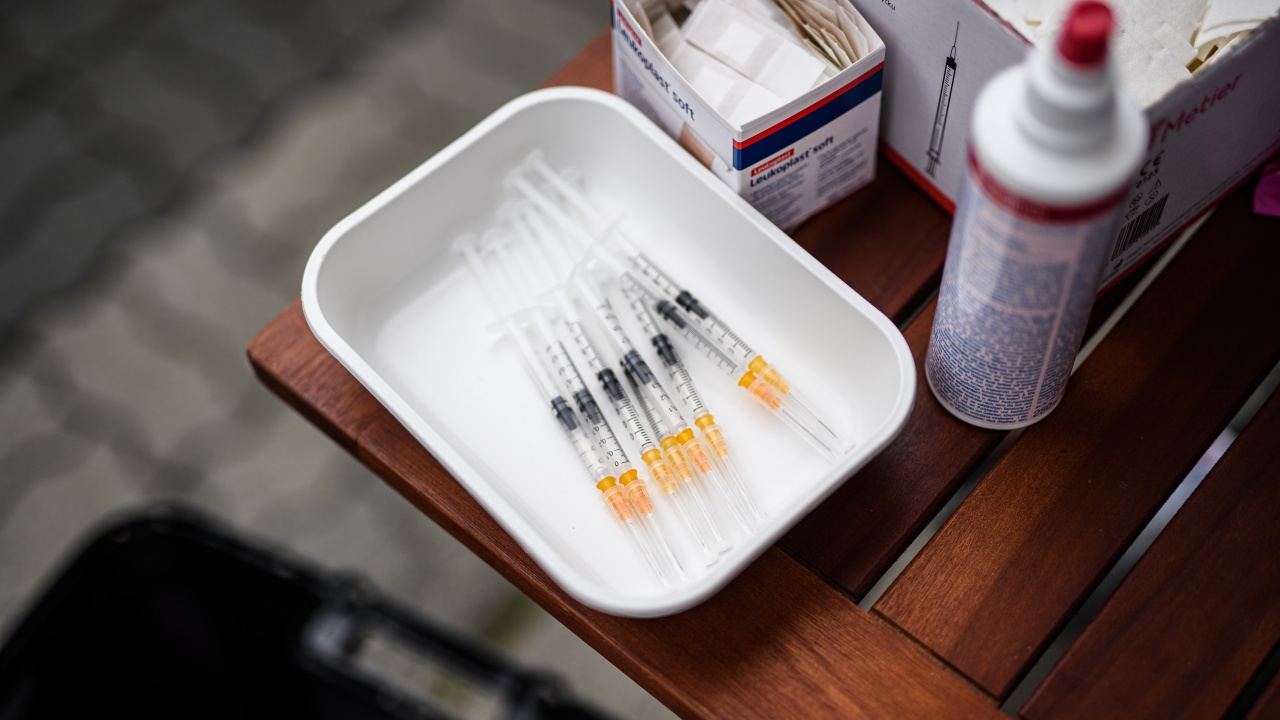The cabinet can think of everything – from mouth caps, keeping your distance to staying at home – we just don’t do it. Mark Rutte and Hugo de Jonge try to get us to behave differently. Friendly asking, almost begging (if you don’t do it for yourself, do it for your grandparents) or strict with strict measures such as limited opening hours for the catering industry, early evening closures of theaters and cinemas; no remedy is left untried. But we don’t want to listen.
Are we that stubborn? Or is it the government’s fault that we do not take the announced measures seriously or do not take them seriously enough? Mark Rutte also put his hand in his own bosom. Perhaps we were too positive in September, he said, gave the impression that corona was over and emphasized too little that the virus could just pop up again. Maybe we shouldn’t have abolished the mouth caps and the mandatory distance.
–
–
Without downplaying our own (mis)behaviour – Louis van Gaal said it: in Portugal we faithfully follow the directions of the government – we are sometimes confused. We have been lulled to sleep with the thought that corona would be over once we were vaccinated. It turned out not to be true. The factions in the House of Representatives voice opposing voices. The PvdA wants a hard lockdown before a distinction can be made between vaccinated and unvaccinated, VVD and D66 want to introduce 2G as soon as possible as a panacea against infections and the ChristenUnie does not want to make any distinction at all. And Forum for Democracy does not think measures are necessary anyway because corona will decrease after the virus season is over. Who should you believe?
There is no question that we are no longer so obedient. And that trust in government has fallen to an all-time low, according to almost every survey. But that extends beyond this cabinet or this pandemic. Forty years ago the first cracks were visible, wrote former informant Herman Tjeenk Willink two years ago in his book ‘Can the government handle crises?’ If anyone can speak about government with authority, it is Tjeenk Willink with his administrative and political track record as a PvdA senator, viceroy of the Netherlands in his role as vice-chairman of the Council of State and mediator in the formation of numerous cabinets. .
–
–
In an interview with the AD, Tjeenk Willink states that the government has withdrawn in many areas, forced by financial shortages or out of political conviction. According to him, the government has become invisible and inaccessible due to severe budget cuts. In the countryside, the library and the village policeman have been cut back, public transport has disappeared and the nearest GP practices miles away. People knock on the door of the government in vain. This distance between government and population manifests itself not only in the Rutte cabinets; it already started under Den Uyl and grew under Van Agt, Lubbers, Kok and Balkenende.
In times of crises, and we are now in the middle of that with corona, we see that lack of trust in full. It is fueled by failing government action, such as in the allowance affair. And it explains why we no longer blindly accept what the government says or prescribes. But there is hope, thinks Tjeenk Willink. It will be all right with skilled ministers whom people can rely on and who know what the population can expect from the government.
Those people have to be found, right?
–
–


